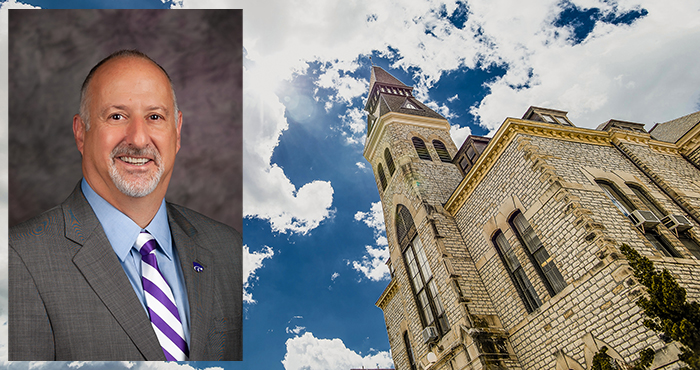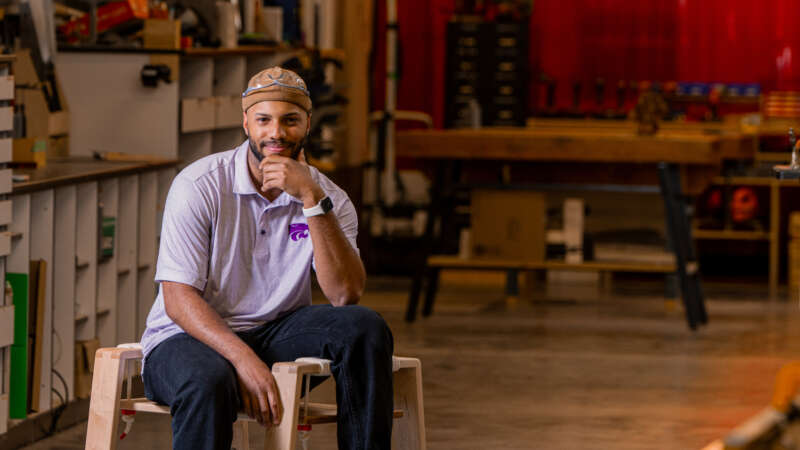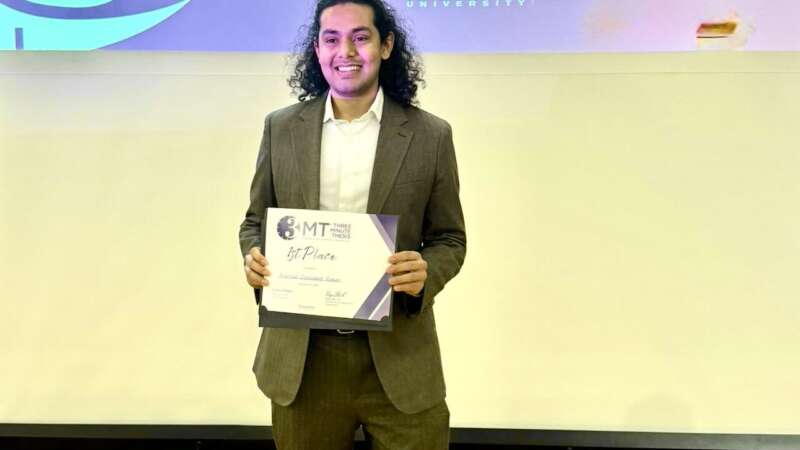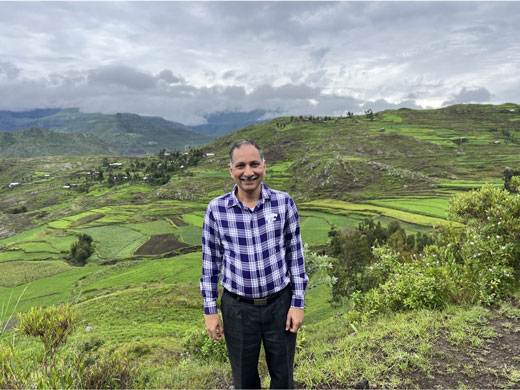Dr. David V. Rosowsky was named vice president for research at Kansas State University May 11, 2021. The announcement of his appointment noted Rosowsky’s proven track record and passion for K-State’s land-grant mission. Prior to his move to K-State, Rosowsky served for six years as provost and senior vice president at the University of Vermont.
We connected with Vice President for Research Rosowsky to learn about his vision for research at K-State and the role philanthropy plays in fulfilling his goals.
What drew you to the role of vice president for research at K-State?
The vice president for research (VPR) opportunity at K-State was singularly attractive to me in terms of type and quality of institution, the university’s culture and its commitment to a bold and impactful future. I am excited to help a great land-grant university articulate, work toward and achieve a bold vision for research, economic development, corporate engagement and innovation.
What do you see as K-State’s strengths regarding research?
Numerous departments and programs within agriculture and veterinary medicine at K-State are internationally renowned, as are several areas in engineering, business, education, life sciences and many of the fields in social science and humanities. Also emerging and highly interdisciplinary fields that relate to several dimensions of national security including biodefense and biosecurity, animal health and safety, and food systems and food security are recognized nationally and internationally as strengths at K-State.
What are some of the challenges you see regarding research at K-State?
- Breaking down silos and removing barriers for faculty and researchers from different colleges so they can team quickly, deeply and effectively and focus their efforts on their research and scholarship.
- Identifying and securing resources to support strategic research priorities and maintain and refresh shared core facilities.
- Making investments selectively and strategically to advance the most important and promising areas for K-State, while continuing to support all research, scholarship and creative work at the university.
How will you advance research at Kansas State University and why is this important?
I will work to engage and excite faculty, staff and leadership to work together to achieve ambitious goals. I will promote the achievements, discoveries, new knowledge and impacts that result from K-State research, and recognize and celebrate high achievement and success in the research domain at K-State. This is how we drive success, build capacity, attract talent and support, and elevate K-State’s reputation, visibility and rankings.
What would you like to see K-State research known for in 10 years? Moon shots?
I would like to see K-State recognized as one of the nation’s premier land-grant universities for its contributions in teaching, research and outreach — the three pillars of the land-grant mission. This will require elevating our research activity throughout the university, as well as bringing faculty from multiple colleges and departments together to work on the most pressing “grand challenges” of our times. Growth in interdisciplinary research and the number of large, multi-unit and multi-university research projects and centers at K-State are two of my goals for the research enterprise at K-State.
Moon shot?
Have K-State recognized as the leading U.S. research university in the critical areas of biosecurity/biodefense, next-gen agriculture and food systems.
What else do you look forward to accomplishing on behalf of K-State?
Part of my role as vice president of research is to help drive K-State’s economic development efforts, working closely with the KSU Foundation and Kansas State Innovation Partners, as well as community and statewide organizations. I look forward to helping attract new industry partners to Manhattan and to K-State, building new industry-university partnerships, and creating new learning opportunities for our students and employment opportunities for our graduates. I also look forward to helping to build a culture of innovation across K-State and Manhattan that supports new ideas, welcomes businesses, launches new companies and creates new jobs. K-State’s Pillar 3* document (and universitywide commitment) will be our guidepost.
Quick Facts: David V. Rosowsky, Ph.D.
- Parents are both academics, one in medicinal chemistry and one in clinical psychology.
- Bachelor’s and master’s degrees in civil engineering from Tufts University; Ph.D. in civil engineering from Johns Hopkins University.
- More than 30 years of experience in higher education at leading land-grant universities including faculty and leadership roles at Clemson, Oregon State and Texas A&M.
- Writes and speaks frequently on the future of public higher education, and land-grant institutions in particular, in the post-pandemic era.
- Learn more about Dr. Rosowsky’s leadership and writings about higher education, davidvrosowsky.com.
- Rosowsky is pronounced “Rose-ov-ski.”
- Learn more about research at K-State, k-state.edu/research.
*Discover how K-State is leveraging its research and land-grant mission toward the economic growth of Kansas, k-state.edu/research/economic-prosperity.




